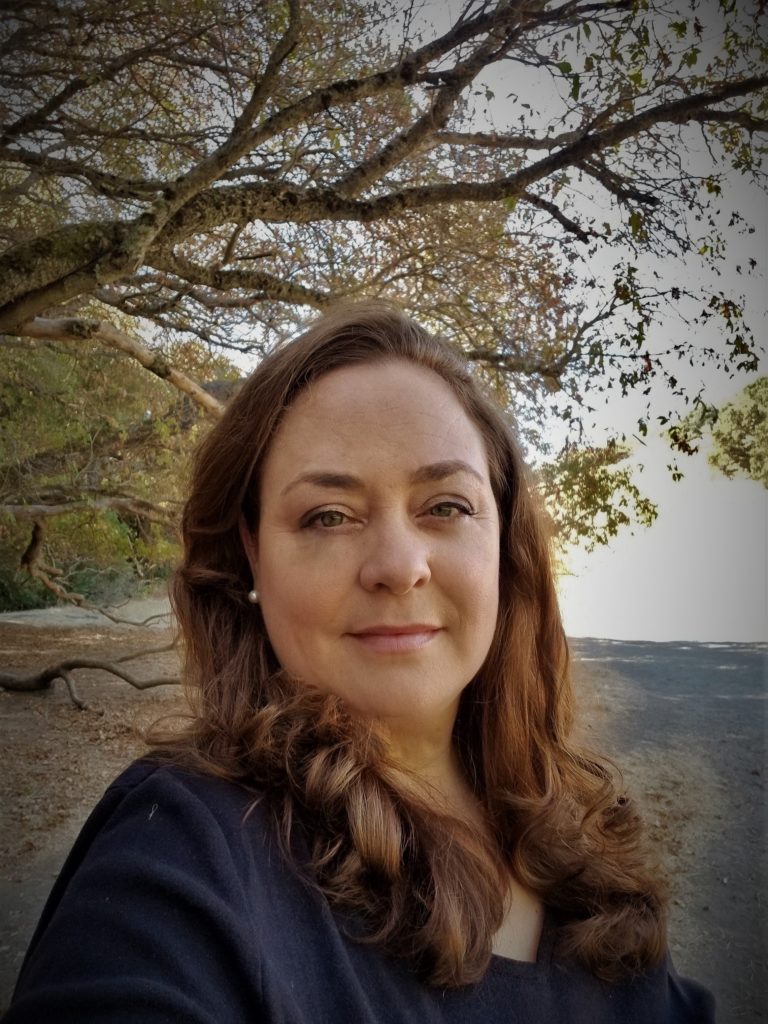We continue our new column, “Curious Minds” created and written by Rose Ors to tap into the minds of legal innovators, disrupters, and out-of-the-box thinkers to learn what influences and inspires their work.
In this installment, Rose speaks with Maya Markovich, Head of Product at NextLaw Labs, a legal technology accelerator that’s wholly owned by Dentons, about her major influences, her view of human-centered technology, and the value of focus.
Rose Ors: Who are the thinkers or leaders outside of the legal industry that have influenced the way you approach your work?
Maya Markovich: I’m a social scientist at heart, and my first major influence was psychologist Dr. Philip Zimbardo — my professor, mentor, and graduate advisor at Stanford. His work on social influence and persuasion, organizational dynamics, behavior change (and resistance to it), and how these factors play out in human interaction is fascinating and profoundly inspiring. He taught me how to recognize human patterns and drivers, query not just my own assumptions but everything about a given situation, and proactively question the status quo.
Rose Ors: Who are other influencers?
Maya Markovich: Mathematician and data scientist Cathy O’Neil’s work on algorithmic bias and its ubiquitous and dangerous role in modern life illuminates a problem she has dubbed “weapons of math destruction.” She calls on technocrats and policy makers to institute guidelines and regulations to combat data bias.
Tristan Harris, the ex-Google product design ethicist who called out the tech industry for capitalizing on technology addiction via what he termed the “attention economy.” As co-founder of the Center for Humane Technology and his “Time Well Spent” initiative, he works to change the way products are built and to realign technology with humanity, seeking a more humane and human-centered tech industry. Then there is of course David Kelley, founder of IDEO, the renowned design and innovation consultancy and a pioneer in user-centered design. I find his work on the power of creativity inspirational — and practical.
Rose Ors: How have these individuals influenced your work?
Maya Markovich: I work at a leading legal technology investor and accelerator, a position that requires the ability to forge strong relationships, the grit to develop and identify effective solutions, and a firm grasp of change management principles that influence their adoption.

The collective insights from Zimbardo, O’Neil, Harris, and Kelley have been a master class for me on how to zero in on concepts with broad benefit. They have provided a moral compass that helps me advocate for legal tech that responsibly addresses, among other things, data and design bias.
Rose Ors: What books have influenced your work and how you approach it?
Maya Markovich: I loved WTF?: What’s the Future and Why It’s Up to Us by Tim O’Reilly. His core thesis is that we need to build and employ technology for the good of many rather than the benefit of a few. For example, at Nextlaw Labs we are currently collaborating on solutions that enable real-time transparency into environmental regulations and compliance. With regard to access to justice, we need tools that increase both access to and quality of legal services. Since I am in the trenches, I feel a responsibility to guide early-stage technologies with a more holistic, longer-term view.
Another great book is The Fuzzy and the Techie: Why Liberal Arts Will Rule the Digital World by Scott Hartley. Hartley posits that the contributions of the fuzzies — social scientists — are too often discredited. However, their perspective will inform and steer development of the most creative and successful new business models; while techies, or computer scientists, build and manage the technology upon which those businesses are based.
For lawyers, knowledge of context, critical thinking skills, and emotional intelligence are increasingly necessary to ensure that legal services are both effective and ethical. The underlying tech may change, but the role of lawyers is becoming all the more crucial as these technologies evolve.
Rose Ors: Where do you get your most creative ideas?
Maya Markovich: For me, true creative inspiration comes from big problems that spur me to action, and the opportunity to use my skills for positive impact. At work I am deeply engaged, often revving at 5,000 RPMs in third gear, so I intentionally find ways to shift into neutral, disengage from intense focus on minutiae, and focus on the present.
Spending undistracted time with my kids allows me to take a breath and refuel with new motivation, kindness, and gratitude. I also love the calm of being underwater, in the mountains, or listening to a great album uninterrupted from beginning to end. Another outlet has always been travel — exploring and immersing myself in new and different perspectives, challenges, and environments. These activities not only allow me to recharge; they also help open my mind to reframing a question, approaching a problem from a different angle, or simply getting unstuck.
Rose Ors: What is a big picture question for the legal industry?
Maya Markovich: What will be the forcing factor to compel the industry writ large to evolve? For example, despite the decades-long argument that the billable hour is dying, it continues to be the prevalent business model. How will the industry truly transition to a new, SaaS model for a higher-value, long-term revenue stream? And who will be the key players in the transformed legal marketplace — firms, alternative legal service providers, tech-enabled basic legal services? A radically different distribution structure is likely.
The same tipping point question is equally valid when you look at how we should train the lawyers of the future. What will replace the 16th century guild training model? Law schools and law firms have done little so far to change course and squarely address how the legal industry will operate in 10, 20, or 50 years.
How do we make the leap into the future of law and make change stick?
This interview has been edited and condensed by Rose Ors.







